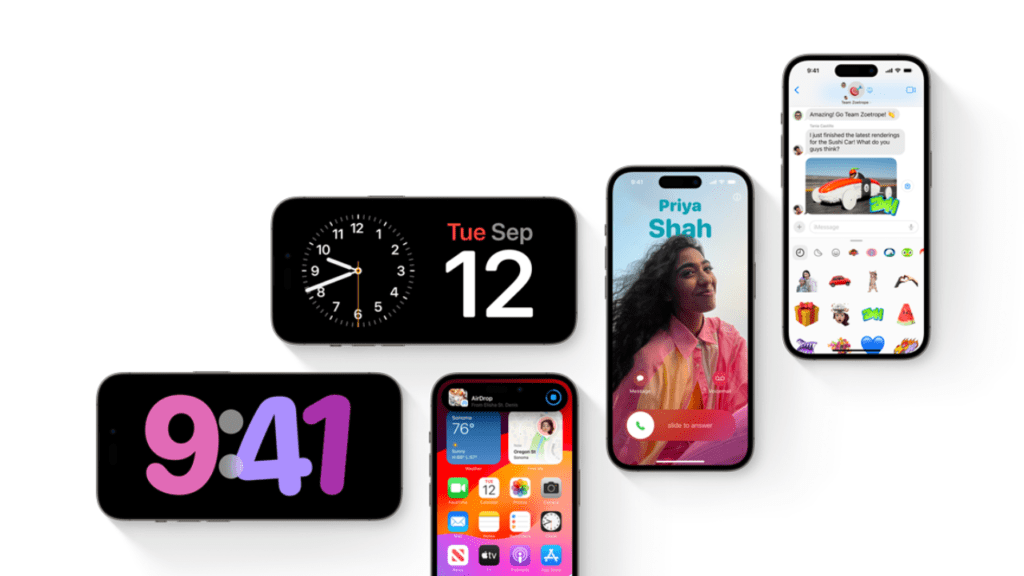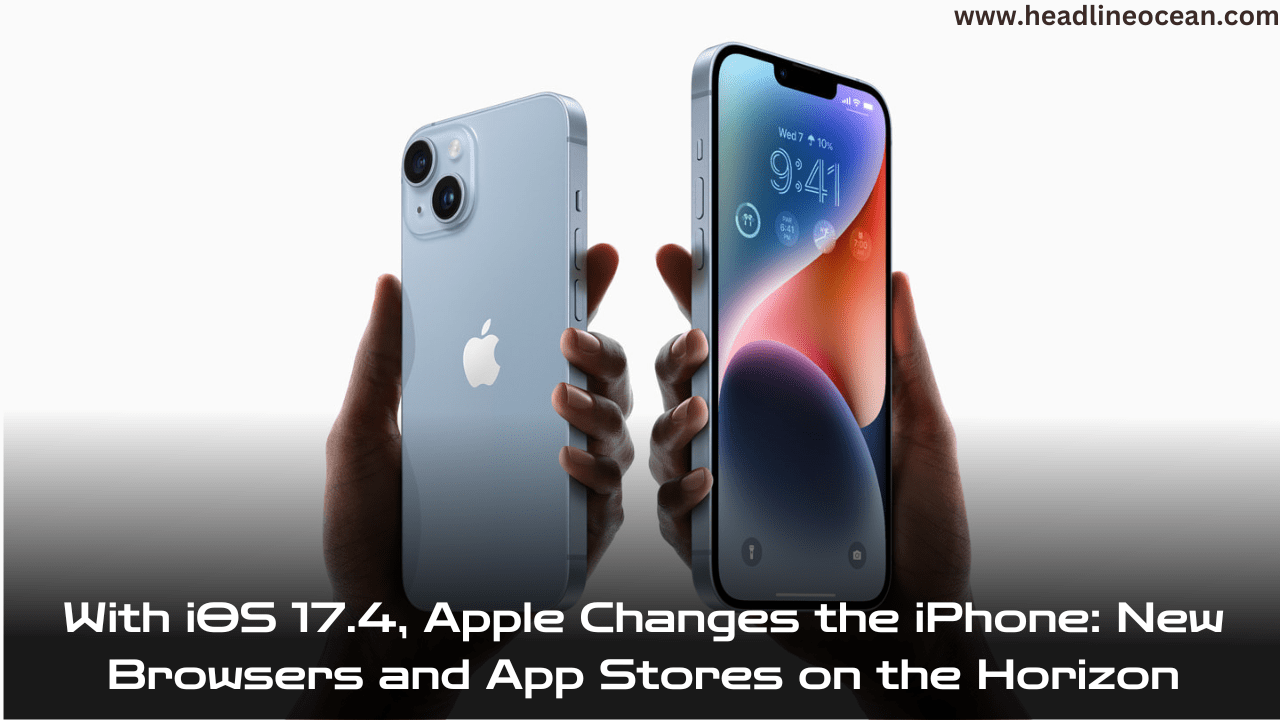
With the introduction of iOS 17.4, Apple has made a major change for iPhone owners, especially those in the EU. In order to encourage fair competition in the digital market, the update complies with the new regulations set forth by the Digital Markets Act (DMA). This means that customers will now have more options when it comes to web browsers and app stores, which will be a significant upheaval for the Apple ecosystem.
Open-Source App Stores: Taking down the Secured Community
Apps could only be downloaded through the Apple App Store for iPhone users in the past. Although a consistent user experience was guaranteed by this strictly regulated environment, user choice and creativity were constrained. Apple welcomes third-party app shops in iOS 17.4. This implies that customers in the EU would be able to download software from different markets, which might have a better selection and even cheaper prices.
Alternative Web Browsers: Not Just Safari
Additionally, users now have more control over how they browse the web, thanks to the upgrade. Before, users of iPhones were limited to using Safari as the default web browser. With iOS 17.4, users can now choose and install web browsers that run on multiple engines, such as Firefox or Chromium. By doing so, they can make use of features and functions unique to certain browsers, satisfying a range of browsing preferences.
Impact and Implications on iOS
These modifications signify a substantial change in Apple’s strategy for its mobile operating system. The possible effects are diverse:
- Increased Competition: The App Store and Safari will face competition from third-party app stores and browsers, which might spur innovation and lower app and in-app purchase prices.
- User Choice and Control: Customers now have more flexibility in selecting the apps and browsers that work best for them. Users gain power from this and can customize their iPhone experience.
- Security and Privacy Concerns: Concerns over security and privacy arise when the ecosystem is made accessible to outside parties. Users should prioritize user data safety and use caution when selecting app stores and browsers, making sure they originate from reliable sources.
- Developer Opportunities: For developers who were hampered by the App Store’s rules, new app shops provide opportunities. This may result in users having access to a greater selection of apps.
The Path Ahead
We still don’t know the entire effect of iOS 17.4. It’s still unclear how quickly third-party browsers and app stores will proliferate and how extensively people will accept them. Apple may also impose additional rules or restrictions in order to guarantee user security and a seamless experience for users within its ecosystem.
There’s no denying that iOS 17.4 is a significant release for Apple’s mobile platform, bringing with it increased consumer choice and possibly more competitiveness in the iOS app store. Users in the EU can anticipate a more varied app store and more control over their iPhone experience as the situation develops.
European Union iPhone owners can now download apps from stores other than the official App Store for the first time. This might lead to reduced costs, more options for in-app purchases, and perhaps a larger assortment of apps.
Users can now install and choose from a variety of web browsers with multiple engines, not just Safari. This makes it possible for features and behaviors to be exclusive to browsers like Firefox and Chrome. All things considered, iOS 17.4 represents a major change for iPhones in the EU. It gives consumers more options, intensifies competition in the app store, and might even result in price reductions. However, when examining these new alternatives, consumers ought to put security first.
For more information, keep an eye on: www.headlineocean.com

